If you have a dog, you may have considered sharing some of your favorite foods with them. Mac and cheese is a popular comfort food, but is it safe for dogs? This post explores whether dogs can eat mac and cheese, outlining both the potential benefits and risks.
Can Dogs Eat Mac and Cheese? Probably, But Should They Eat It?
While it can be tempting to share your meal with your dog, not all human foods are safe for them. Mac and cheese contains ingredients that may be problematic for dogs. However, it is possible to enjoy mac and cheese yourself without risking your dog’s health, as long as you practice moderation.
Key Takeaways
- Mac and cheese isn’t toxic to dogs in small amounts, but it’s not the healthiest food for them either.
- Lactose (from milk and cheese) can upset a dog’s stomach.
- Butter and heavy seasonings may cause gastrointestinal distress.
- Dogs with sensitive stomachs or food allergies should avoid it altogether.
- Moderation is key – a small bite now and then might be okay, but it shouldn’t be a regular part of their diet.
- Look out for harmful ingredients like garlic and onions in certain mac and cheese recipes.
1. Mac and Cheese is Not Toxic, But It’s Not Ideal
To start, mac and cheese is not toxic to dogs. However, the fact that it is not poisonous does not mean it is a good choice for them. Dogs digest food differently than humans, so even small amounts of cheese or pasta can cause discomfort.
Cheese, a primary ingredient in mac and cheese, contains lactose, which many dogs cannot digest well. This can lead to stomach upset, gas, or diarrhea. If your dog has a sensitive stomach or is lactose intolerant, it is best not to share mac and cheese with them.
Tip: If you want to offer your dog a taste, start with a small amount and avoid making it a regular habit. Dog-friendly treats are a better option for routine snacks.
2. High Fat Content Could Upset Your Dog’s Stomach
Mac and cheese is high in fat due to the butter and cheese it contains. Excess fat can cause stomach upset or even pancreatitis in dogs. Although butter is not toxic, its high fat content can result in nausea, vomiting, or more serious health problems if eaten in large quantities.
Pancreatitis is a serious condition caused by inflammation of the pancreas, often triggered by consuming rich or fatty foods. Symptoms can include lethargy, loss of appetite, and abdominal pain.
Tip: If you decide to share, offer only a very small amount and observe your dog’s reaction. If there are no adverse effects, a small bite may be acceptable occasionally. Moderation remains important.
3. Dairy Can Be Hard to Digest for Some Dogs
Many dogs enjoy cheese, but dairy can cause problems for a significant number of them. Like humans, some dogs are lactose intolerant and have difficulty digesting dairy products such as milk and cheese. This can result in bloating, diarrhea, and gas.
Even dogs that are not lactose intolerant may experience digestive upset from too much dairy. Some breeds are more susceptible to these issues. If your dog develops stomach problems after eating dairy, it is best to avoid giving them mac and cheese.
Tip: If your dog has not had dairy before, introduce a very small amount and monitor for any digestive issues.
4. Certain Ingredients in Mac and Cheese Can Be Dangerous
While a basic mac and cheese recipe might not contain ingredients harmful to dogs, some recipes include things that are not dog-friendly. Garlic and onions, common in many mac and cheese recipes, are toxic to dogs, even in small amounts. These ingredients can cause hemolytic anemia, which damages red blood cells and can be life-threatening.
Seasonings and spices such as salt and pepper can irritate a dog’s digestive system. High sodium levels can cause sodium ion poisoning in severe cases, so it is important to be careful about what is included in your dog’s food.
Tip: Check that your mac and cheese does not contain harmful ingredients such as garlic or onion before offering any to your dog. If you are unsure, it is safer to avoid giving it to them.
5. Some Dogs Are More Sensitive Than Others
Every dog is different. Some may tolerate small amounts of mac and cheese, while others may have adverse reactions even to a small bite. Dogs with food sensitivities, allergies, or health conditions should avoid mac and cheese.
If you are uncertain whether mac and cheese is appropriate for your dog, consult your veterinarian. They can offer guidance tailored to your dog’s health needs.
Tip: For dogs with food allergies or sensitive stomachs, maintain a diet that is specifically formulated for their health.
6. Keep It Fun: Use Dog-Friendly Alternatives
If you want to give your dog a special treat, consider making a dog-safe version of mac and cheese. Many recipes substitute harmful ingredients with dog-friendly alternatives.
For example, use plain cooked pasta, a small amount of unsweetened peanut butter, and dog-friendly cheese or omit the cheese. For a creamy texture, add plain yogurt in moderation, especially if your dog is sensitive to dairy. Cooked chicken or vegetables such as carrots can increase nutritional value and keep the dish safe.
Tip: Try different dog-friendly ingredients and prepare a small batch to observe your dog’s reaction. This approach allows you to treat your dog without concern for harmful effects.
Practical Tips for Sharing Human Food with Dogs
Beyond the risks of mac and cheese, there are general guidelines for safely sharing human food with dogs. The following tips can help ensure that any food you offer is safe and healthy.
- Always keep portions small. Treats should remain occasional, and a small bite is sufficient to satisfy curiosity and prevent stomach upset.
- Avoid rich or fatty foods. Items such as mac and cheese, pizza, or burgers can cause digestive problems and weight gain in dogs. Choose healthier, dog-approved snacks instead.
- Monitor your dog’s reactions. Look for signs of stomach upset, including vomiting, diarrhea, or excessive drooling. If these symptoms occur after introducing a new food, discontinue it and consult your veterinarian.
- Consult your veterinarian if you are unsure. They can recommend appropriate treats and foods based on your dog’s age, breed, and health status.
Final Thoughts
Dogs can technically eat mac and cheese, but it is not an ideal food for them. Small amounts may not cause immediate harm, but regular consumption is not recommended. Risks such as lactose intolerance, high fat content, and the presence of toxic ingredients like garlic and onions can result in health issues.
It is best to reserve mac and cheese as an occasional treat for yourself and provide your dog with snacks designed for their dietary needs. Maintaining a healthy, balanced diet will help your dog remain healthy over time.
Frequently Asked Questions (FAQs)
Is it okay to give my dog mac and cheese once in a while?
Yes, but in moderation. A small bite now and then should be fine, but don’t make it a regular treat.
Can all dogs eat cheese?
Not all dogs can tolerate cheese. Some are lactose intolerant, which means cheese can upset their stomach. Start with a tiny amount and see how your dog reacts.
What happens if my dog eats garlic or onion in mac and cheese?
Garlic and onion are toxic to dogs and can cause serious health problems, including anemia. Always check your food for these ingredients before sharing with your dog.
Can dogs eat pasta?
Yes, plain, cooked pasta is generally safe for dogs. Just make sure it’s free from seasonings, butter, or sauces that could upset their stomach.
What are some good alternatives to mac and cheese for dogs?
You can make a dog-friendly version of mac and cheese using plain pasta, dog-safe cheese, and a little chicken or veggie mix. Always keep portions small.
How can I tell if my dog is lactose intolerant?
Signs of lactose intolerance include gas, bloating, diarrhea, and stomach cramps after eating dairy. If you notice these symptoms, avoid dairy in your dog’s diet
Should I consult my vet before feeding my dog human food?
Yes, always consult your vet if you’re unsure whether a specific food is safe for your dog, especially if they have existing health issues or allergies.


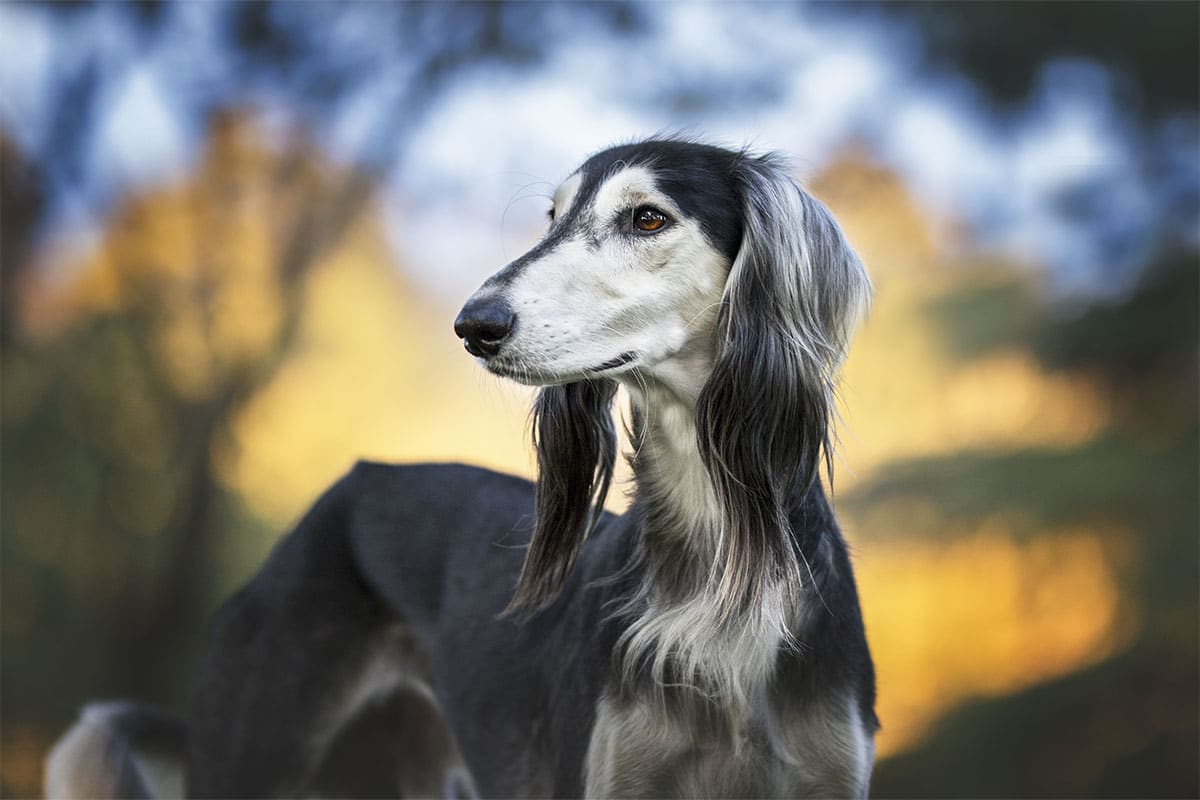
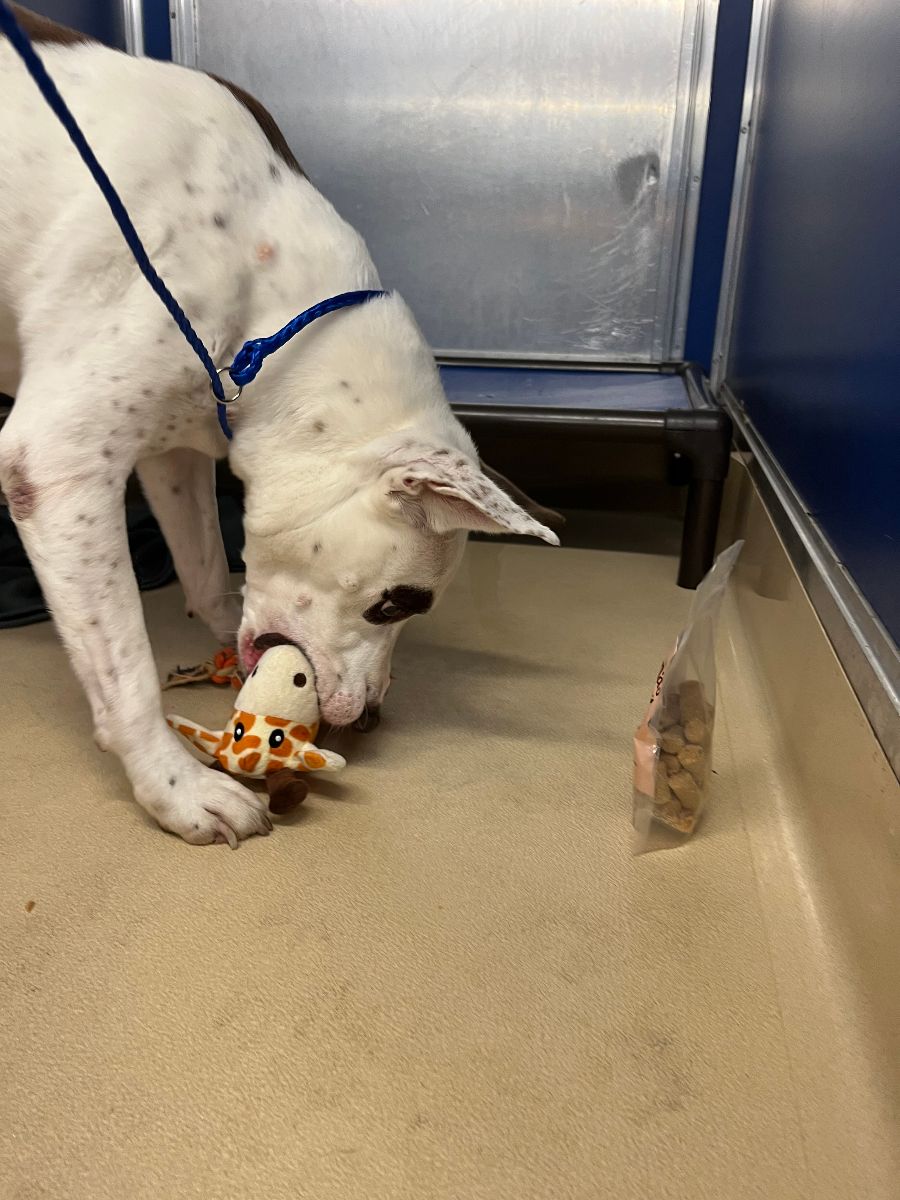



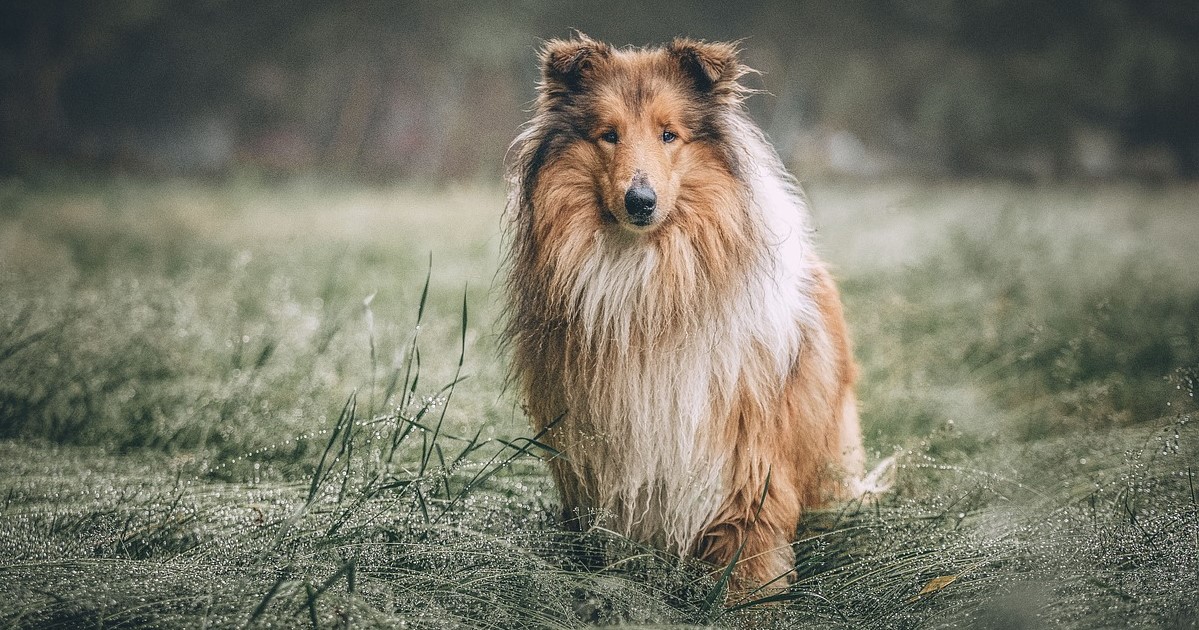
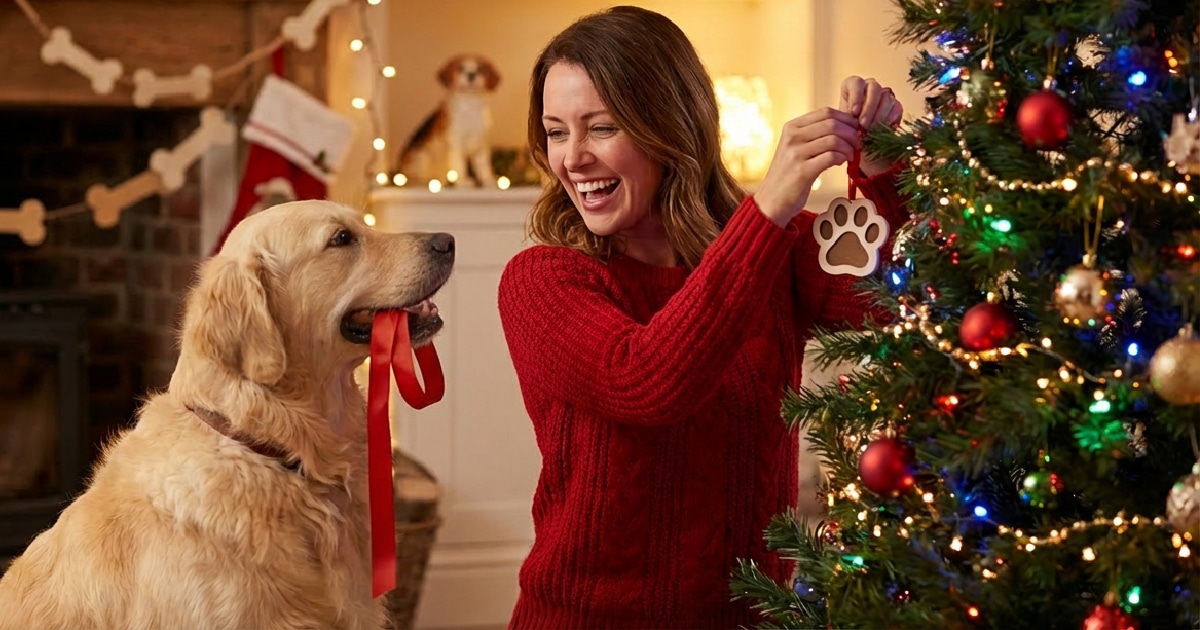
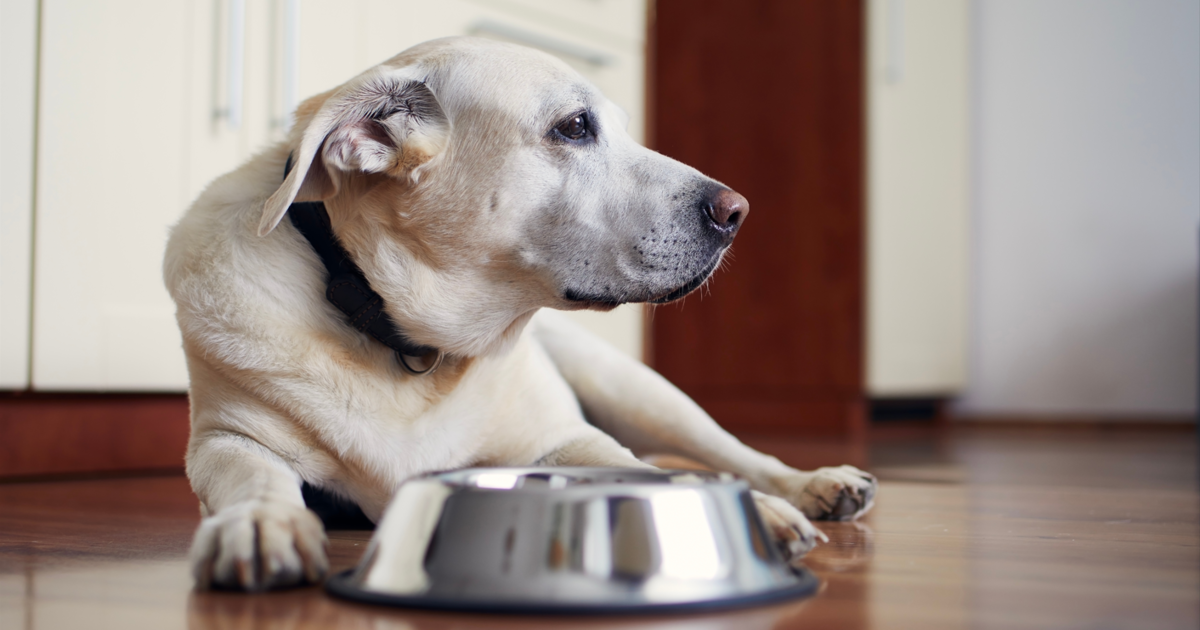
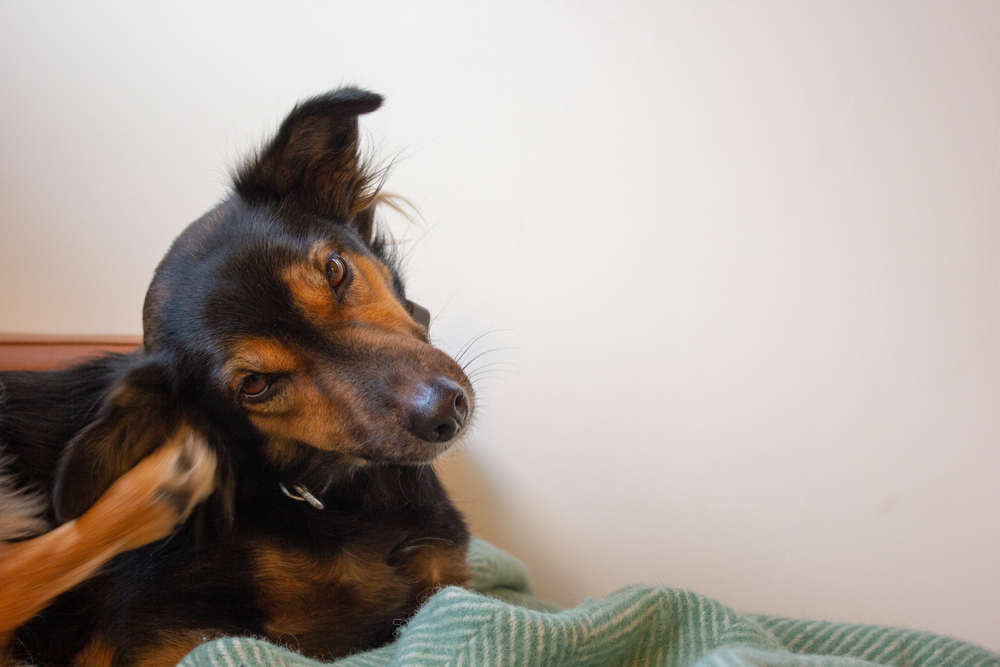
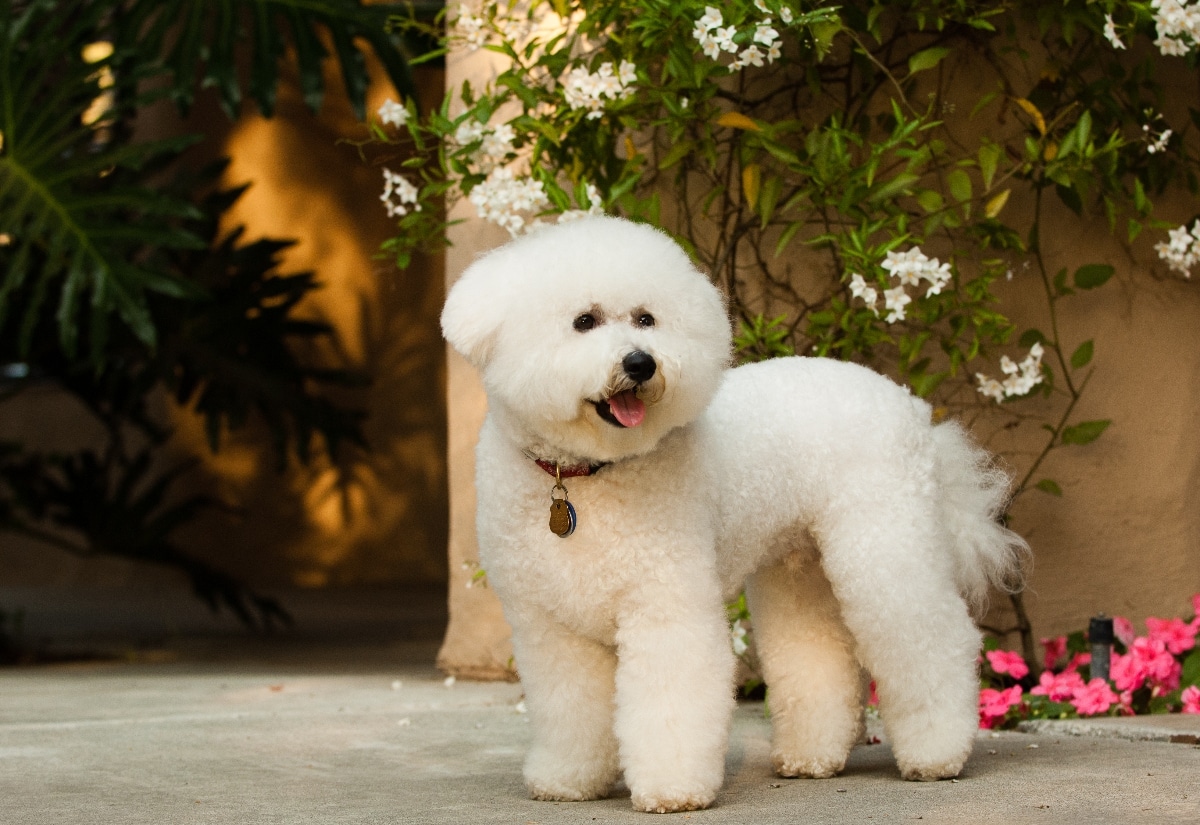

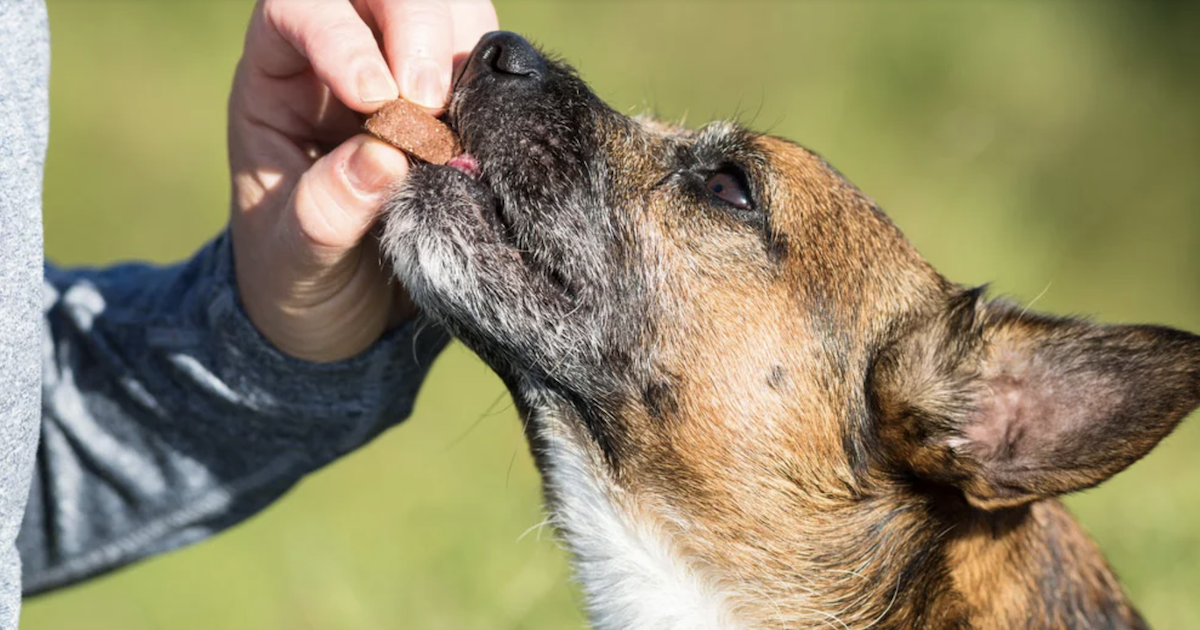
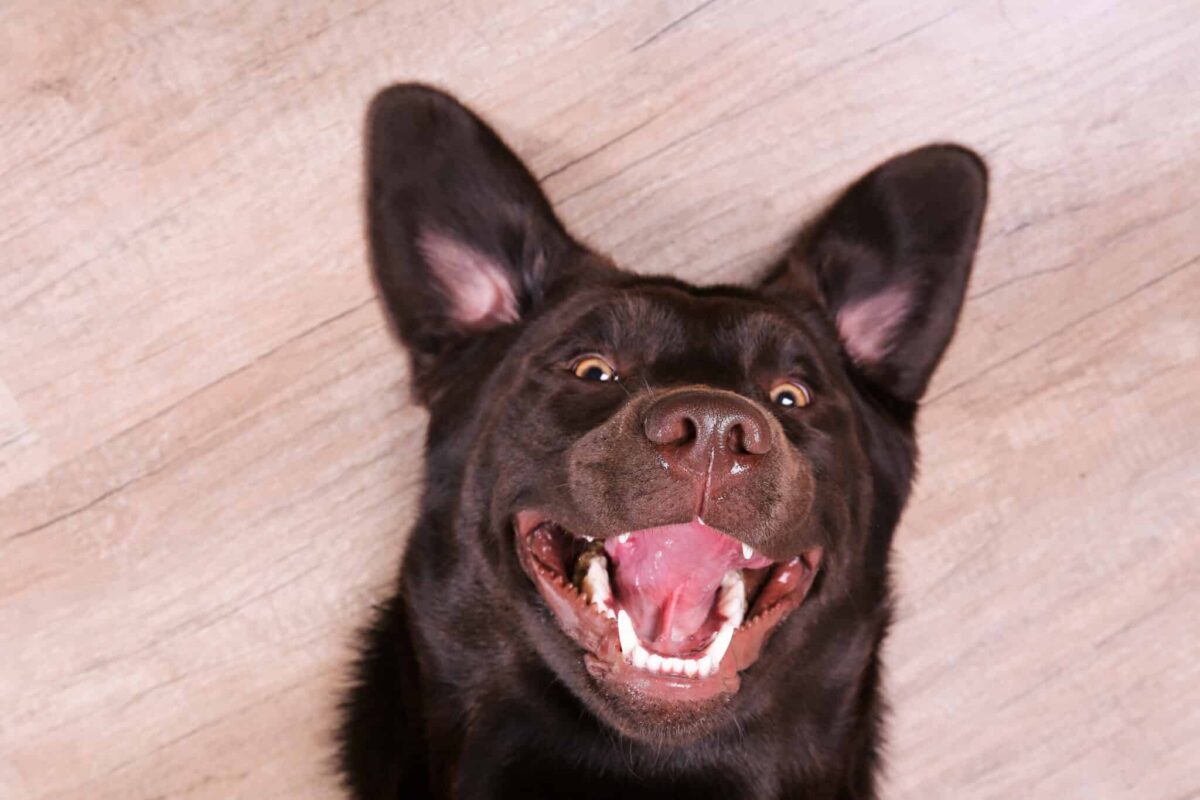


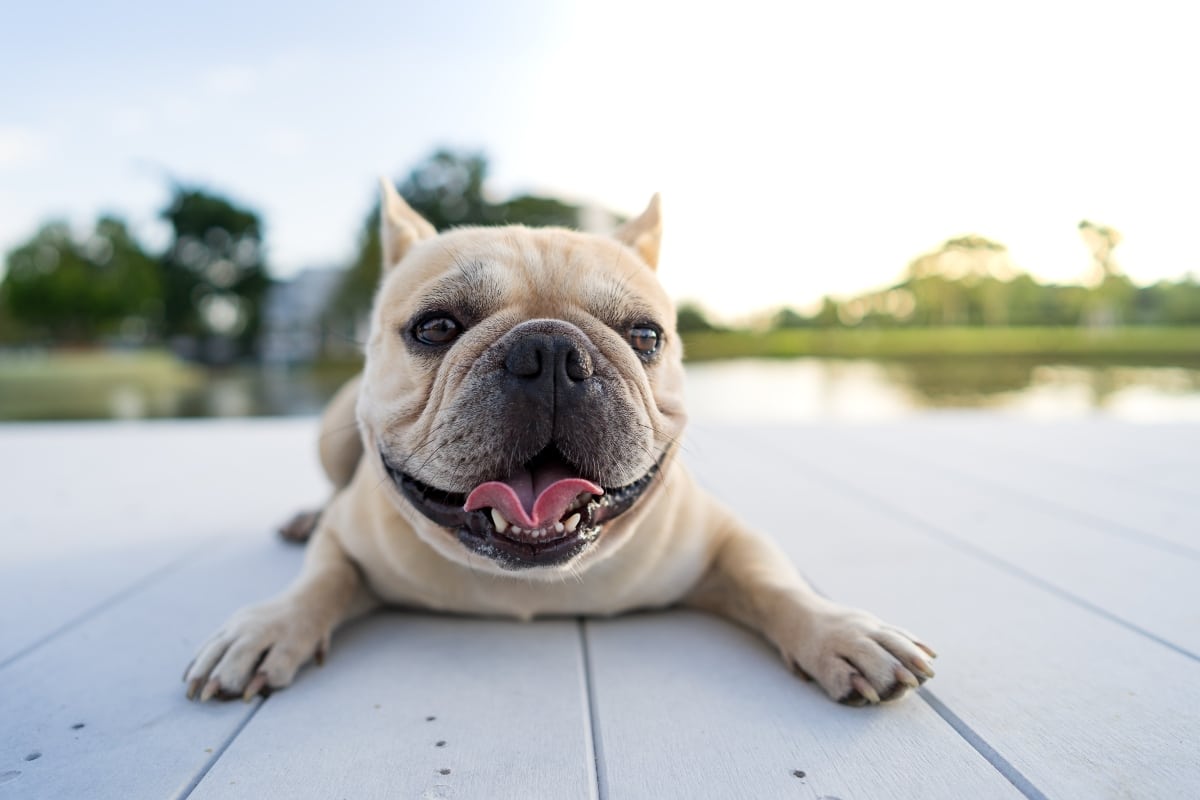
 English (US) ·
English (US) ·